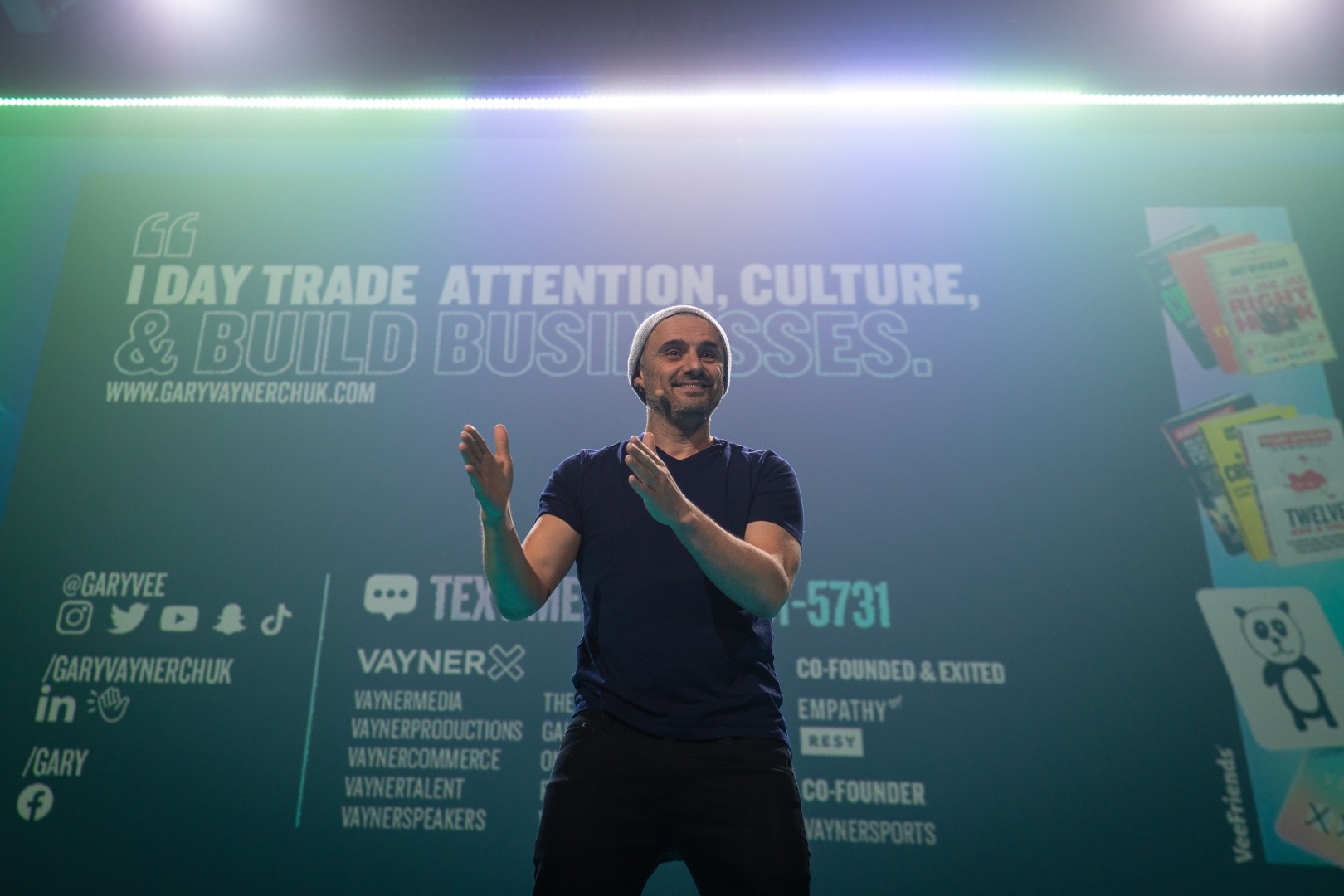In a recent LinkedIn post, Vaynerchuk, the CEO of VeeFriends and chairman of VaynerX, argued that prioritising a healthy work environment may sometimes mean letting go of top talent. According to Vaynerchuk, companies often promote results-oriented individuals, such as high-performing salespeople or forceful managers, despite their negative impact on team dynamics. He insists that success should not come at the expense of a supportive and respectful workplace.
Vaynerchuk emphasises that a strong company culture is rooted in teamwork, emotional intelligence, and mutual respect. Those who disrupt these principles should be reconsidered, regardless of their contribution to the bottom line, as they risk undermining team cohesion and productivity.
The Rising Importance of Emotional Intelligence in Leadership
Vaynerchuk elaborated that modern workplaces should place a higher value on emotional intelligence than on technical expertise alone. He suggests that employees who provide emotional support and foster camaraderie often bring lasting benefits to the organisation, even if they don’t lead in performance metrics. Companies, Vaynerchuk argues, must shift their focus from short-term gains to building a sustainable, positive culture that enhances overall productivity and well-being.
As Vaynerchuk explains, fostering a people-first culture not only builds morale but drives efficiency and trust within teams. The key to achieving this, he adds, is for leaders to truly understand the motivations and needs of their employees, noting that goals and ambitions evolve over time.
Identifying Toxic Employees: The Warning Signs
Toxic employees can harm even the most high-performing teams, creating tension and dragging down productivity. According to an article by Workable, signs of a toxic employee include chronic hostility, gossiping, and an unwillingness to collaborate. Workable categorises toxic employees into several types, including the office gossip, whose behaviour distracts colleagues and creates unnecessary drama, and the narcissist, who may achieve strong results but disregards teamwork and dismisses others’ contributions. Additionally, the “yes-man” who avoids initiative or the constant complainer, or “grump,” can dampen team morale and stifle collaboration.
Per a report from MindGoal, employees who exhibit these traits can often go unnoticed by leaders focused solely on performance outcomes. Without intervention, these behaviours can spread, leading to a decline in employee engagement, higher turnover rates, and a weakened company culture. Vaynerchuk advocates for leaders to step in early when they detect toxic traits in employees, suggesting that early coaching or constructive feedback may improve the situation. However, he also believes that, when attempts to correct behaviour fail, termination is necessary to protect the work environment.
The Widespread Impact of Toxic Workplaces
Gary Vaynerchuk LinkedIn
A study by Intoo reveals that 77% of workers have experienced workplace toxicity, with nearly half of them noting that their employers took little action to resolve the issue. In the study, 44% of employees in toxic environments admitted they used vacation or sick days as a means of escape, highlighting the strain toxic workplaces place on employee well-being. Additionally, 35% indicated they would be willing to take a pay cut if it meant working in a more positive atmosphere.
According to Intoo’s research, toxic workplaces often stem from a lack of feedback from leadership, with 42% of employees saying they felt managers disregarded their concerns. This disregard not only perpetuates the issues but can also lead to higher attrition rates, increased absenteeism, and declining productivity.
Solutions for a Healthier Workplace
Creating a healthy workplace culture often requires addressing issues head-on and supporting employees in adopting more positive behaviours. Workable suggests methods such as setting clear deadlines for the procrastinator, recognising individual achievements to motivate disengaged employees, and providing feedback to help the “know-it-all” become more open to new ideas. Meanwhile, engaging with the “grump” to understand their dissatisfaction can reveal underlying issues that may be resolvable with minimal effort.
According to Vaynerchuk, such efforts to correct behaviour are essential to a thriving workplace. However, he stresses that when an employee’s behaviour does not improve, it is in the company’s best interest to make the difficult decision to let them go. Per his LinkedIn post, Vaynerchuk believes that a strong workplace culture is essential for long-term success and that prioritising a healthy environment over individual performance is critical.
Why Firing Talent May Be Necessary for the Greater Good
Ultimately, Vaynerchuk’s message is clear: a truly successful company is one that prioritises a positive culture over individual achievement. Toxic behaviours, no matter how high-performing the individual, can be detrimental to the overall health of an organisation. Vaynerchuk’s perspective is a reminder to leaders that fostering a supportive, respectful environment should be at the core of their mission, even when it requires tough decisions.
In a business climate increasingly focused on employee well-being, Vaynerchuk’s advice resonates with a growing body of research on the impacts of toxic employees. His stance reinforces the idea that a healthy workplace is a productive one, and companies willing to make hard choices for the sake of their culture may see long-term benefits in both morale and performance.







